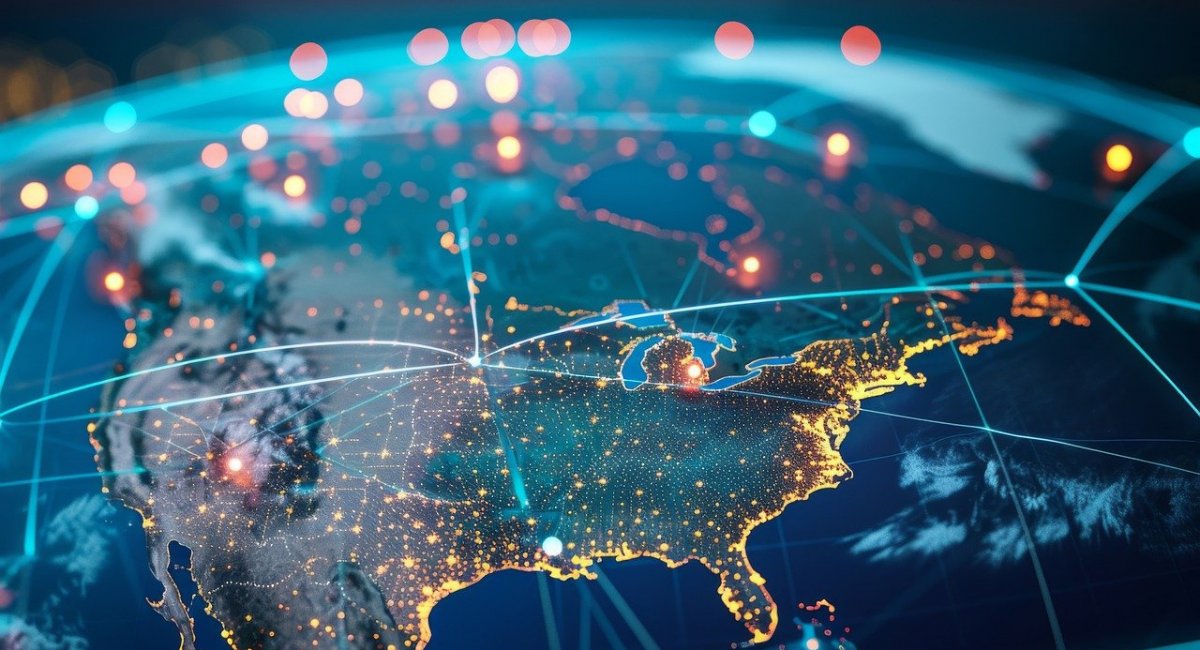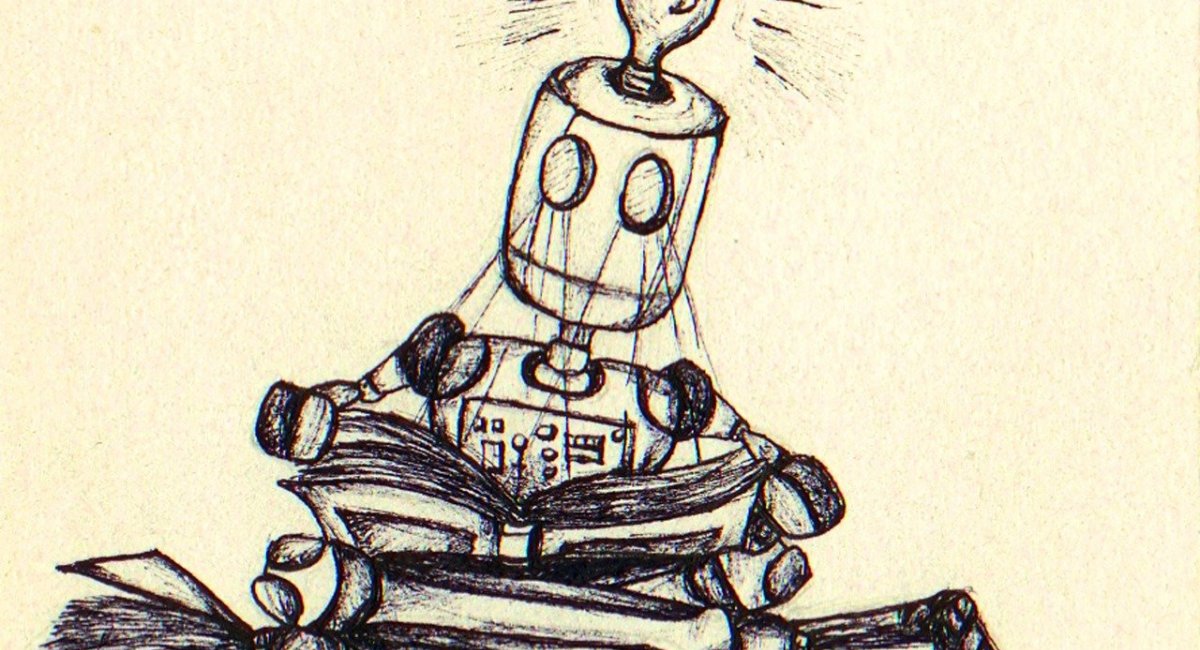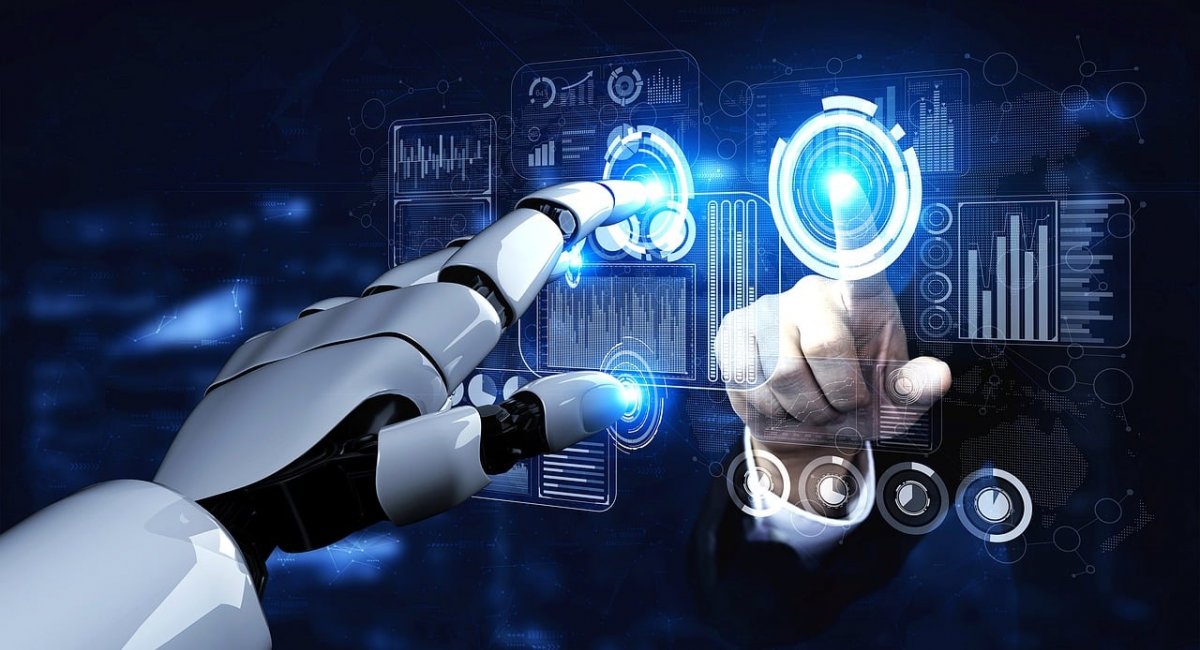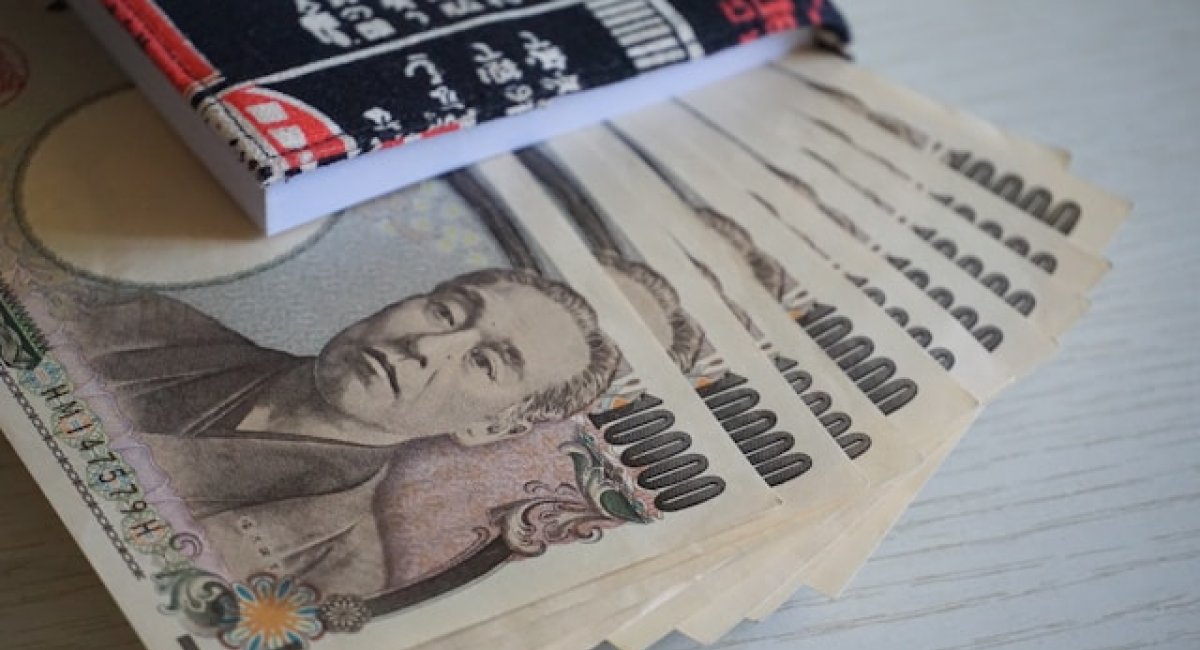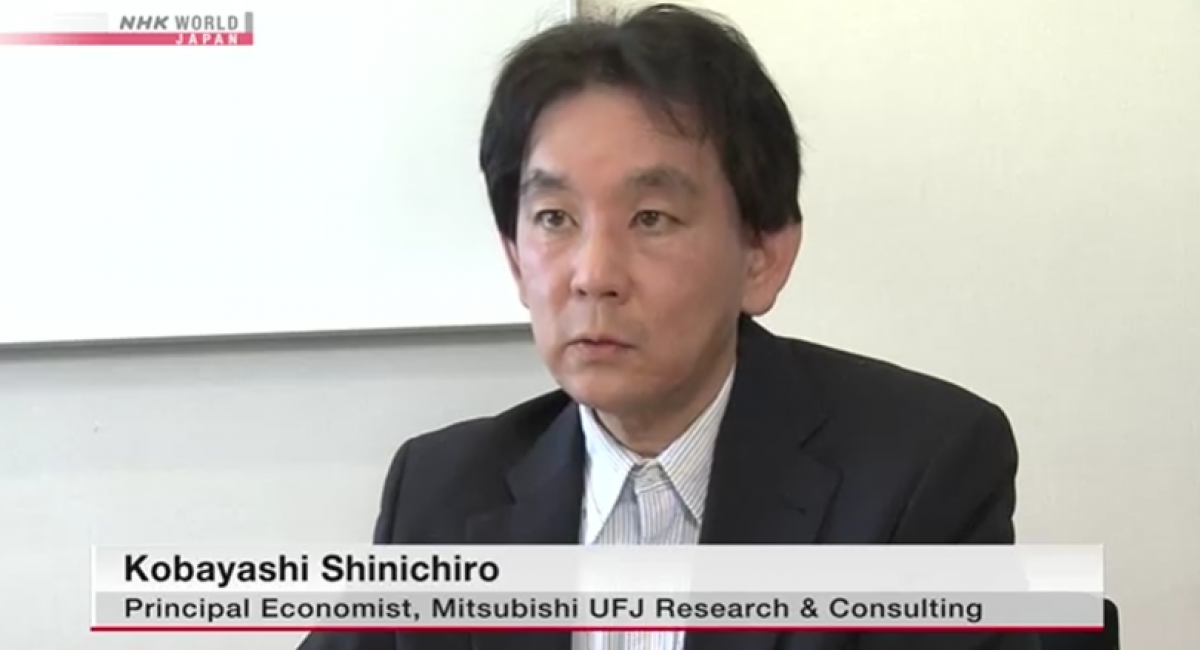Sci-fi doesn’t have to be dystopian

The article explores the idea that science fiction doesn't always have to portray dystopian futures. It highlights authors who are crafting narratives that offer hope and optimism, challenging the prevailing trend of bleak visions of the future. By examining works of science fiction that focus on utopian or more balanced depictions of society, the article suggests that these stories can inspire readers to imagine alternative futures and explore the possibilities of human potential.
The article mentions several examples of hopeful stories in science fiction:
